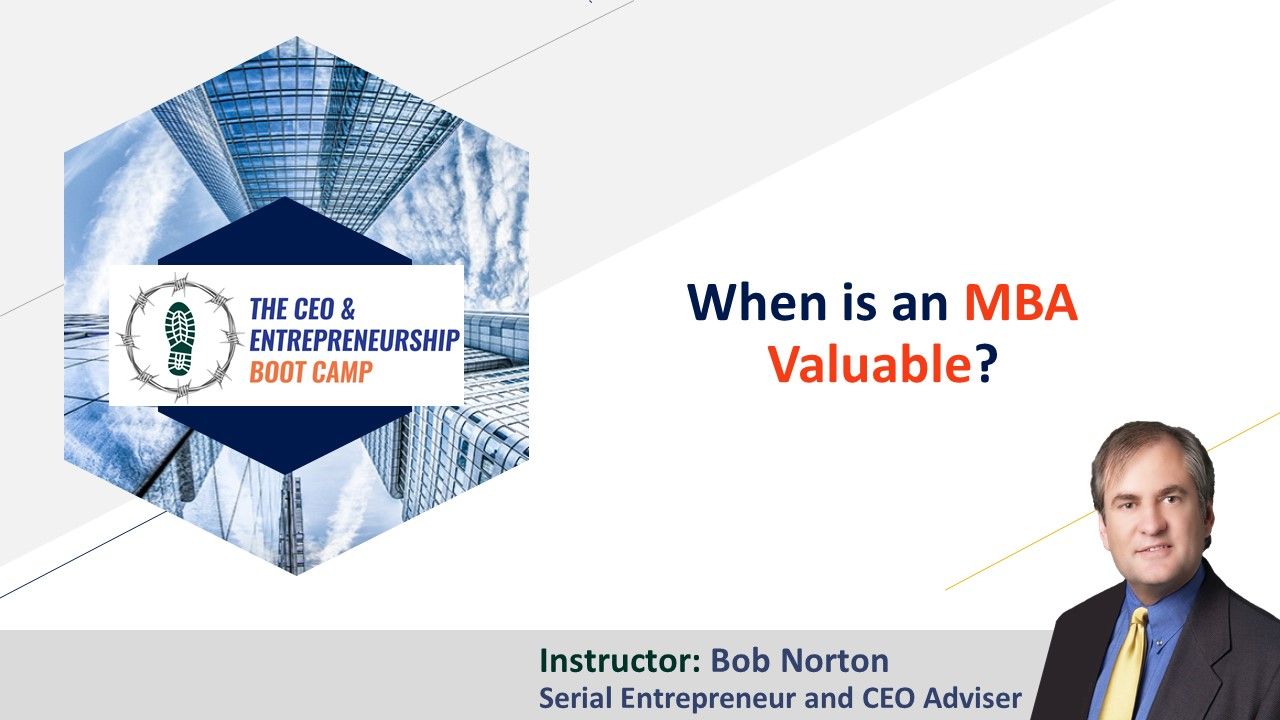What is Your Resource Saving Tip for Individuals?

According to this source, resources needed from the planet will be exceeded by human demand this August. I guess this means more people starve and suffer soon. I find most corporate ESG initiatives to be all PR and no real meat or commitment. What are you doing to reduce the human footprint on the planet?
So many easy things every individual can do. Interestingly, I learned today from a related chart you can see at link below that almond milk uses 40.9% less water than cow's milk. And my doctor recommends it for less cholesterol, too. These easy choices can help.
Same with eating less red meat and more veggies. Better for you, too. ;0)
Two-thirds of the economy is the consumer, and so our choices matter. I started donating to Greenpeace in the 1980s when the Rainbow Warrior sailing ship was covertly bombed by the French gov't (evil), showing total disregard for not just whales, but also the law, people, free speech and the planet as a whole. Forty years later, we...
When is an MBA Valuable?

Danny Miller, a professor at HEC Montréal business school, and Xiaowei Xu, an assistant professor at the University of Rhode Island, studied 444 CEOs who had appeared on the covers of Forbes, Business Week, and Fortune over nearly four decades - from 1970 to 2008.
They analyzed the performance of the companies headed by these CEOs for the period after the magazine appearances.
The companies headed by MBA's performed significantly worse than those without MBA's - with a 20% greater market decline after 3 years - and the performance difference remained 'significant' after 7 years.
Yet the MBA's' compensation increased more than non MBA's' - a rise of about 15% faster after 3 years, and they were paid about $1 million more each year - I guess the "getting yourself a fat pay rise even when your company is sinking" is a well-attended class at MBA school.
Jokes aside, there are some phenomenal MBA's out there, I know many personally. But, IN GENERAL, they are phenomenal despite...
The Brain of An Elderly Person

It's NOT what you've thought!
By New England Journal of Medicine
The director of the George Washington University College of Medicine argues that the brain of an elderly person is much more plastic than is commonly believed. At this age, the interaction of the right and left hemispheres of the brain becomes harmonious, which expands our creative possibilities. That is why among people over 60 you can find many personalities who have just started their creative activities.
Of course, the brain is no longer as fast as it was in youth. However, it wins in flexibility. That is why, with age, we are more likely to make the right decisions and are less exposed to negative emotions. The peak of human intellectual activity occurs at about 70 years old, when the brain begins to work at full strength.
Over time, the amount of myelin in the brain increases, a substance that facilitates the rapid passage of signals between neurons. Due to this, intellectual abilities are increased by 300%...
Investment on Workforce Development

By Paul T
Purpose: This summary presents an actionable point of view that will result in tangible benefits for those who apply it to make and implement decisions related to investments in Workforce Development.
Process: Workforce Development was the focus of six 45-minute conversations on December 9, 2021. Each conversation used a consistent lens of “Benchmarking” with stimulus from the writings of Peter Drucker and each had a varying perspective with insight inspired by Open Minds. A guest with expertise was invited to be part of the conversation.
The summary created below from post-Forum dialogue between The Path and Georgia LEARNS Now that leveraged our perspectives on the human side and business side of Workforce Development. It is available to those who ask to receive it to be reviewed in private conversations as requested.
| Sessions | Time | Main Topic | Topic Details | Speakers |
| Session 1: | ... |


